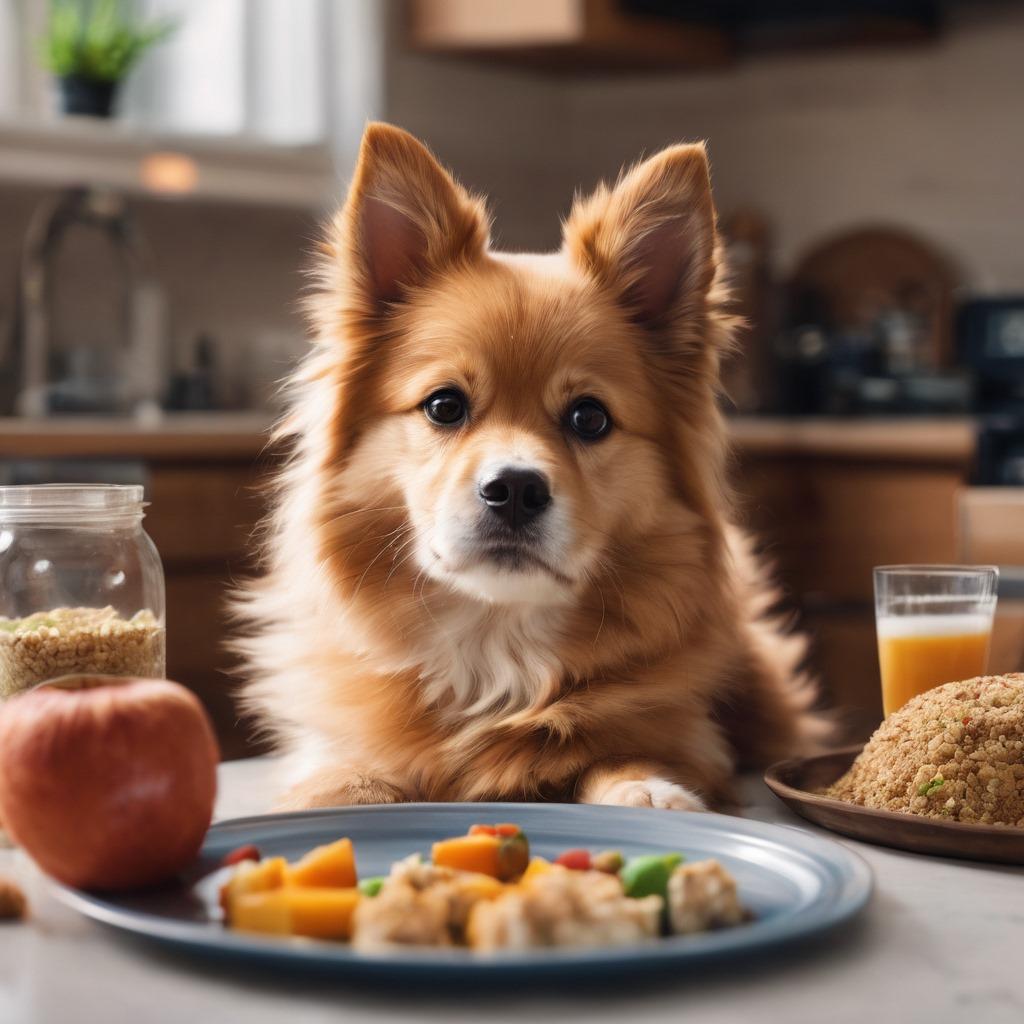
Feeding our pets a balanced and nutritious diet is crucial for their overall health and well-being. In this article, we will explore useful foods and dietary plans for dogs and cats to help them thrive.
When it comes to feeding dogs, a high-quality commercial dog food that is specifically formulated for their life stage (puppy, adult, or senior) is a good starting point. Look for dog foods that contain real meat as the main ingredient and avoid those that are filled with artificial preservatives, colors, and fillers. It's also essential to read the labels and ensure that the food meets the nutritional requirements set by reputable organizations like the Association of American Feed Control Officials (AAFCO).
In addition to commercial dog food, some dogs can benefit from certain human foods as well. These include lean meats like chicken and turkey (cooked and unseasoned), fish like salmon and sardines (cooked and deboned), fruits like apples and bananas (without seeds or peels), and vegetables like carrots and green beans. However, it's important to remember that not all human foods are safe for dogs, so it's best to consult with a veterinarian before introducing anything new into their diet.
For cats, a balanced diet is essential to meet their specific nutritional needs. Commercial cat foods formulated for different life stages are readily available and can provide the necessary nutrients. Look for cat foods that primarily contain animal-based protein sources like chicken, turkey, or fish. Cats also require a higher amount of dietary fat than dogs, so ensure that their food includes a healthy source of fat, such as fish oil or chicken fat.
In terms of supplementary foods, cats can benefit from small amounts of cooked lean meats, like chicken or turkey, as well as cooked fish like salmon or tuna. It's important to avoid seasoning or adding any ingredients that may be harmful to cats, such as onions or garlic. Additionally, cats are obligate carnivores, meaning they require animal-based protein to thrive, so it's best to avoid feeding them a vegetarian or vegan diet.
When planning the dietary requirements for your pets, it's important to consider their age, weight, activity level, and any specific health conditions they may have. Consulting with British Animal Hospital Experts is highly recommended to develop a tailored feeding plan for your pets.
Remember, maintaining a healthy weight is crucial for both dogs and cats. Obesity can lead to various health problems, so it's important to monitor their portion sizes and provide regular exercise.
By providing a balanced and nutritious diet, you can ensure that your pets grow and thrive in optimal health. Remember to always consult with British Animal Hospital professionals for personalized advice based on your pet's individual needs.
